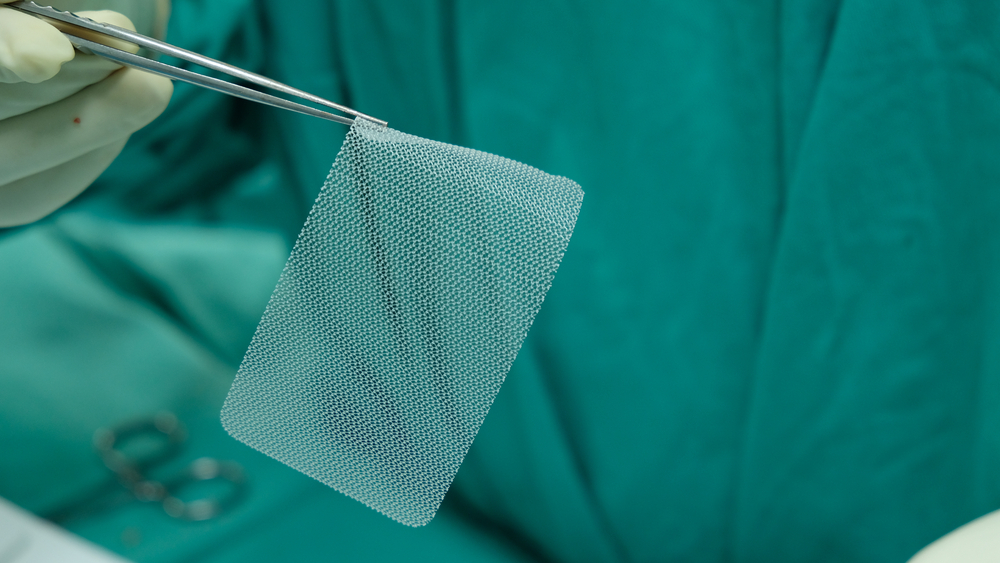Free Case Evaluation
You will never be charged a fee unless a recovery is made for you.
Are you considering a hernia mesh lawsuit? A hernia occurs when intestine, fatty tissue, or an organ pokes through a weak spot or hole in the surrounding muscle or tissue. More than a million hernia repairs are performed in the U.S. each year, and hernia mesh is used in more than 90 percent of those one million repairs. But some hernia meshes have been linked to serious and dangerous complications.
Trustwell Law is accepting hernia mesh lawsuit cases on behalf of patients who experienced severe complications following hernia surgery and had to have revision surgery—or have been told revision surgery is necessary.
If you suffered severe complications following your hernia surgery, call us at 800-796-1636 or submit your case details online, and someone from our legal team will contact you shortly. You pay nothing unless your lawsuit is successful and you receive compensation.
Our attorneys have years of experience and a reputation for personalized, compassionate partnering with our clients. We have access to the expertise, resources, and manpower to fully investigate your circumstances in order to get you the justice you deserve.
For details on the various hernia mesh MDLs, visit our Hernia Mesh Litigation Tracker.

More than a million hernia repairs are done annually in the U.S. Hernia mesh is used in the most of them.
Hernia mesh refers to various materials surgeons use to patch, plug, or reinforce their closure of a hernia during surgery. Hernia mesh devices are made from synthetic materials or animal tissue.
Synthetic surgical mesh may be made from absorbable or non-absorbable materials or a combination of both. Surgical mesh made from animal tissue (usually intestines or skin) is absorbable.
Absorbable mesh degrades and loses strength over time. New tissue growth over time is expected to strengthen the repair when absorbable mesh is used.
Non-absorbable mesh remains in the body indefinitely. It is a permanent implant.
As with any surgical procedure, hernia repair surgeries have risks. There are also specific risks and complications associated with hernia mesh surgeries. These include:

There are some brands and kinds of hernia mesh linked to a higher incidence of problems than others.
Brands and types of mesh that have, together, generated hundreds of adverse reports to the U.S. Food and Drug Administration (FDA) are:
The complications reported about these meshes have often required revision surgery to be performed.
Reported issues related to Atrium C-QUR mesh include:
Shortly after it was approved for use, the FDA began to receive adverse reports about Physiomesh Flexible Composite Mesh. Many were reports of hernia recurrence and failure of the mesh. Ethicon removed Physiomesh Flexible Composite Mesh for laparoscopic surgeries from the market in May 2016.
Adverse events reported about Ethicon’s Physiomesh Flexible Composite Mesh were:
Complications associated with these various Bard mesh brands include a high rate of additional surgeries. In addition, if you experienced any of the following specific complications following surgery that involved any of these Bard meshes, you may be entitled to compensation:
Likewise, several brands of Covidien Mesh have caused recipients much pain and suffering, often requiring additional surgeries and greatly impairing their quality of life. These issues have included abscesses, debilitating pain, and nonhealing wounds with exposed mesh. Also reported:
Sources
You will never be charged a fee unless a recovery is made for you.
Did You Experience Severe Complications Following Hernia Surgery & Have or Need to Have Revision Surgery?
For a free consultation and to learn more about your legal options, please contact us. We’re here to help.